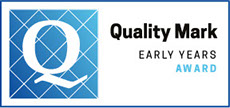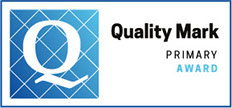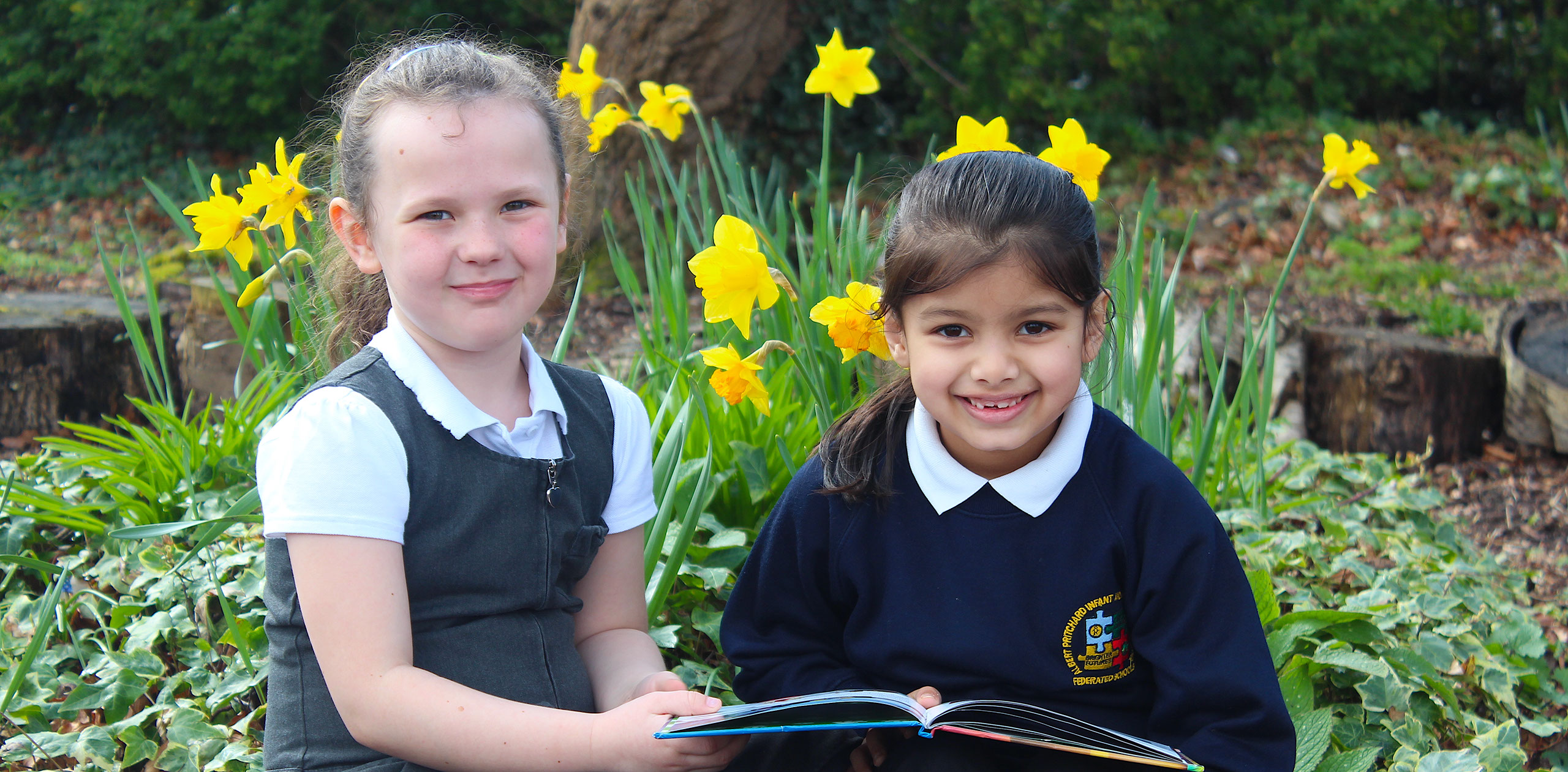






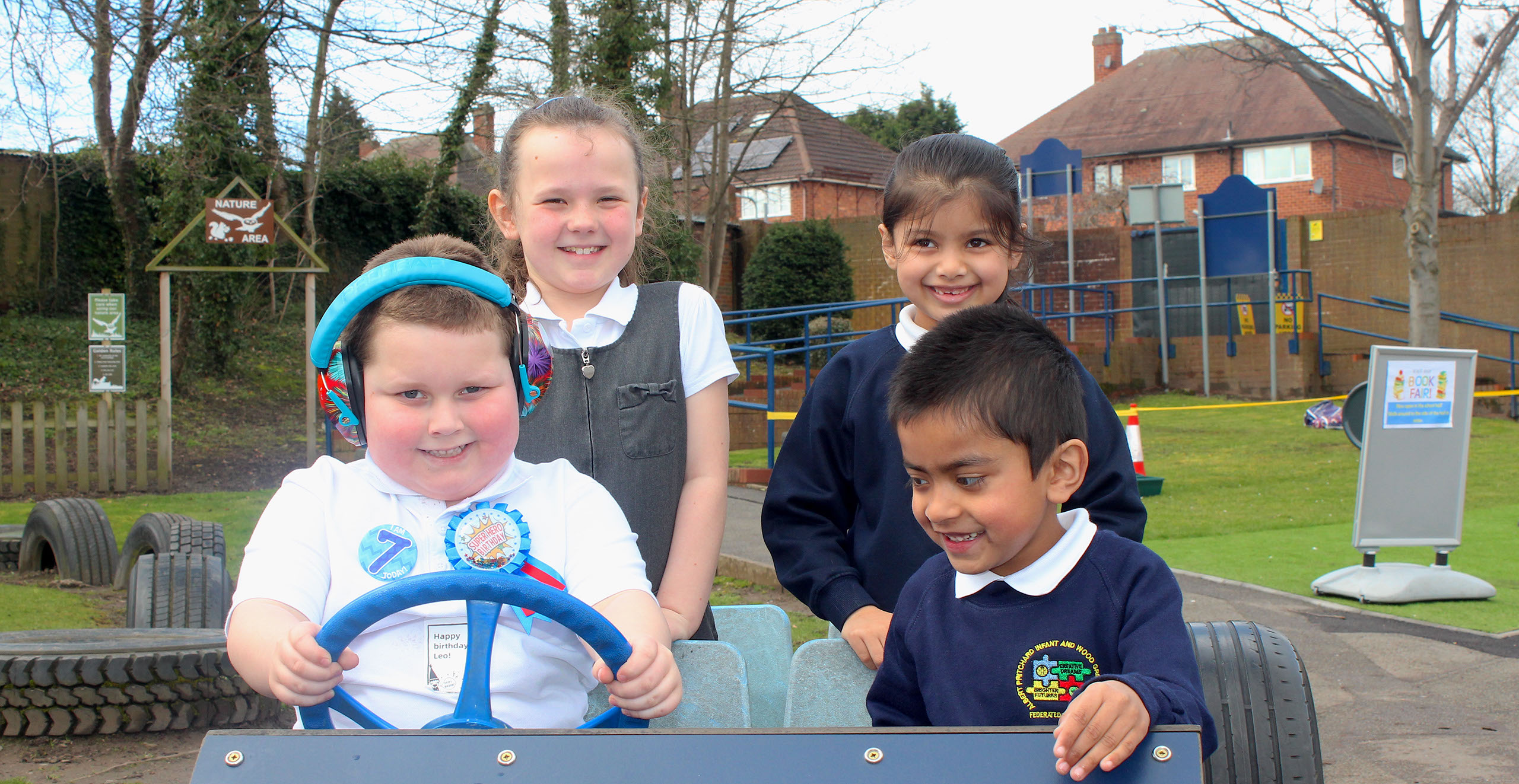


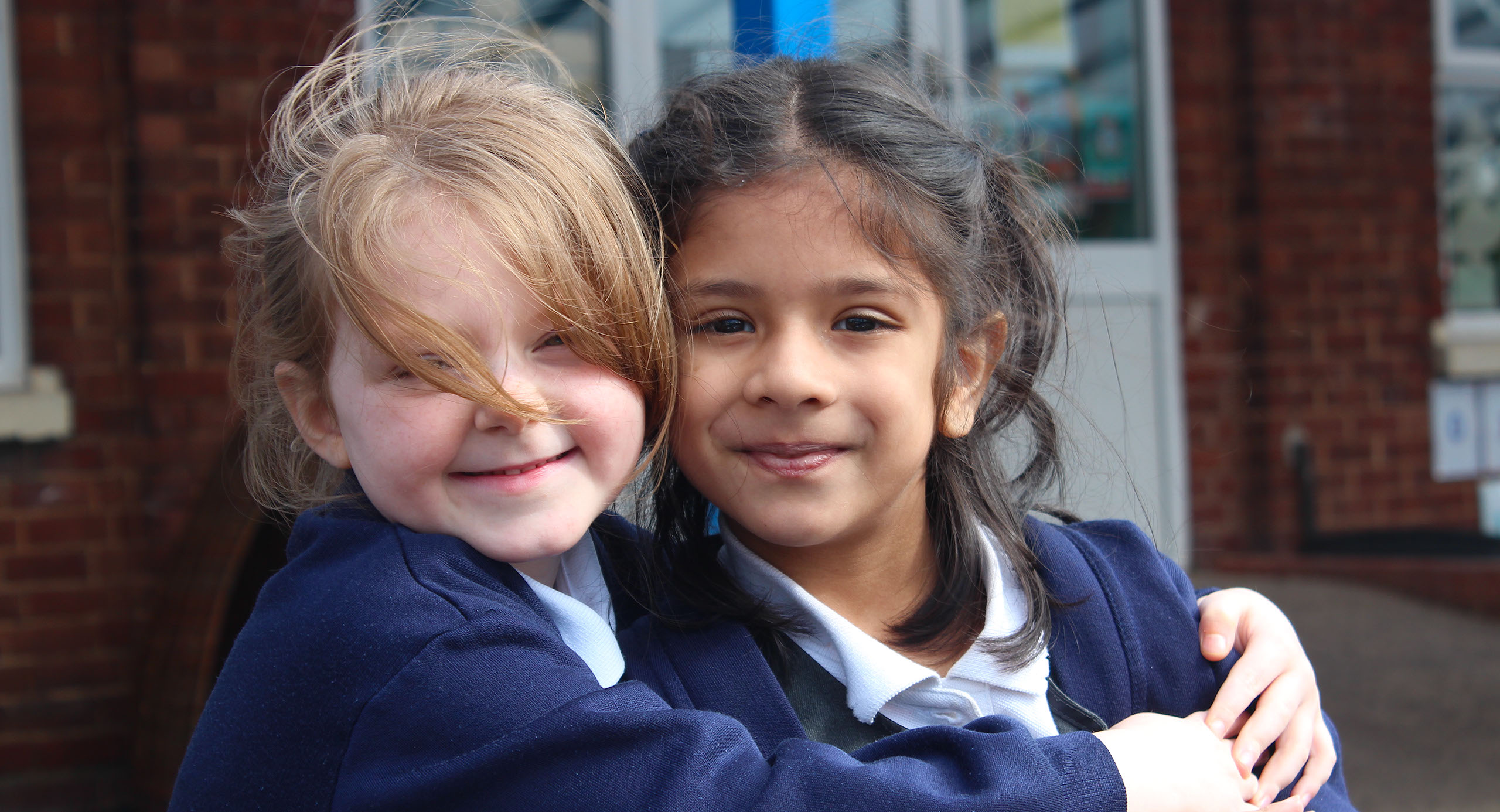


Executive Head Teacher Mrs C. Clarke
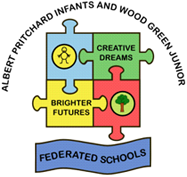
Our Vision for Early Years
At APWG we believe that children's earliest experiences of school are key to them developing the knowledge and skills they need for the rest of their school journey and into later life. Children who feel safe, secure, and happy are able to learn, and develop well and make the most of their talents and abilities. In our Nursery and Reception classes we follow all aspects of the Statutory Framework for the Early Years Foundation Stage (2021).
Our intention is that every child in our Early Years classes of Nursery and Reception have an equal opportunity to experience new things, gain new knowledge and develop new skills. We recognise all children and families are unique and endeavour to consider individual needs at each stage of a child's journey with us.
Our Early Years Curriculum
At APWG we follow a structured and sequenced curriculum devised by teachers to meet the needs of the pupils in our school. Our curriculum is drawn from Educational Programmes set out in the Statutory Framework, but also wider knowledge and skills that will benefit our children. Along with the rest of the school we use the Complete PE curriculum scheme to help develop our children's physical skills in both Nursery and Reception classes. For Personal and Emotional development, we follow the JIGSAW Scheme (see documents below).
Staff plan inviting and challenging activities for children based on our school curriculum and the needs and interests of the children. Children work both independently and with adults, on their own and in small groups to achieve the next steps in their journey.
The Areas of Learning
There are seven areas of learning in the Early Years Foundation Stage.
Three of these areas are called the Prime Areas and are our primary focus, particularly with our youngest children. These are:
- Personal and Social Development
- Communication and Language
- Physical Development
A further four areas are known as the Specific Areas as they begin to introduce children to specific knowledge that they will need in order to access the National Curriculum in future school years. These are:
- Literacy
- Mathematics
- Understanding the World
- Expressive Art and Design
Phonics and Early Reading
We follow the RWI scheme in Early Years as well as the rest of the school. This introduces children in our Nursery to many stories and rhymes and gives them the skills to discriminate between sounds they hear. In the Summer term, children begin to learn the sounds of letters by learning to recognise the pictogram for each one. Children in Reception class start to learn the sounds at the beginning of the year. They also learn to "blend" these sounds together to read words. Children begin by reading "Ditties" which are sent home on photocopy sheets. They progress to reading stories in our RWI reading books when they have developed the necessary decoding skills. All children receive a library book of their choice to share with their family at home.
Early Years Assessment
Teachers observe and assess children's progress continually as they play and learn together; however, there are two official assessment points in the Early Years Foundation Stage. Children will complete the National Baseline Assessment as they enter Reception Class. This is a short 1:1 assessment with a teacher which assesses children's skills and abilities in the subjects of mathematics, and communication. At the end of the Foundation Stage children are assessed by their teachers against the Early Learning Goals. Teachers will decide if children have met the expectation of the goal or are still working towards it. They will use teacher judgement based on their knowledge of each individual children to make these judgements.
Albert Pritchard Infant School
Crew Road, Wednesbury
West Midlands, WS10 9QG
Tel: 0121 556 0858
Wood Green Junior School
Hobs Road, Wednesbury
West Midlands, WS10 9BW
Tel: 0121 556 0377
